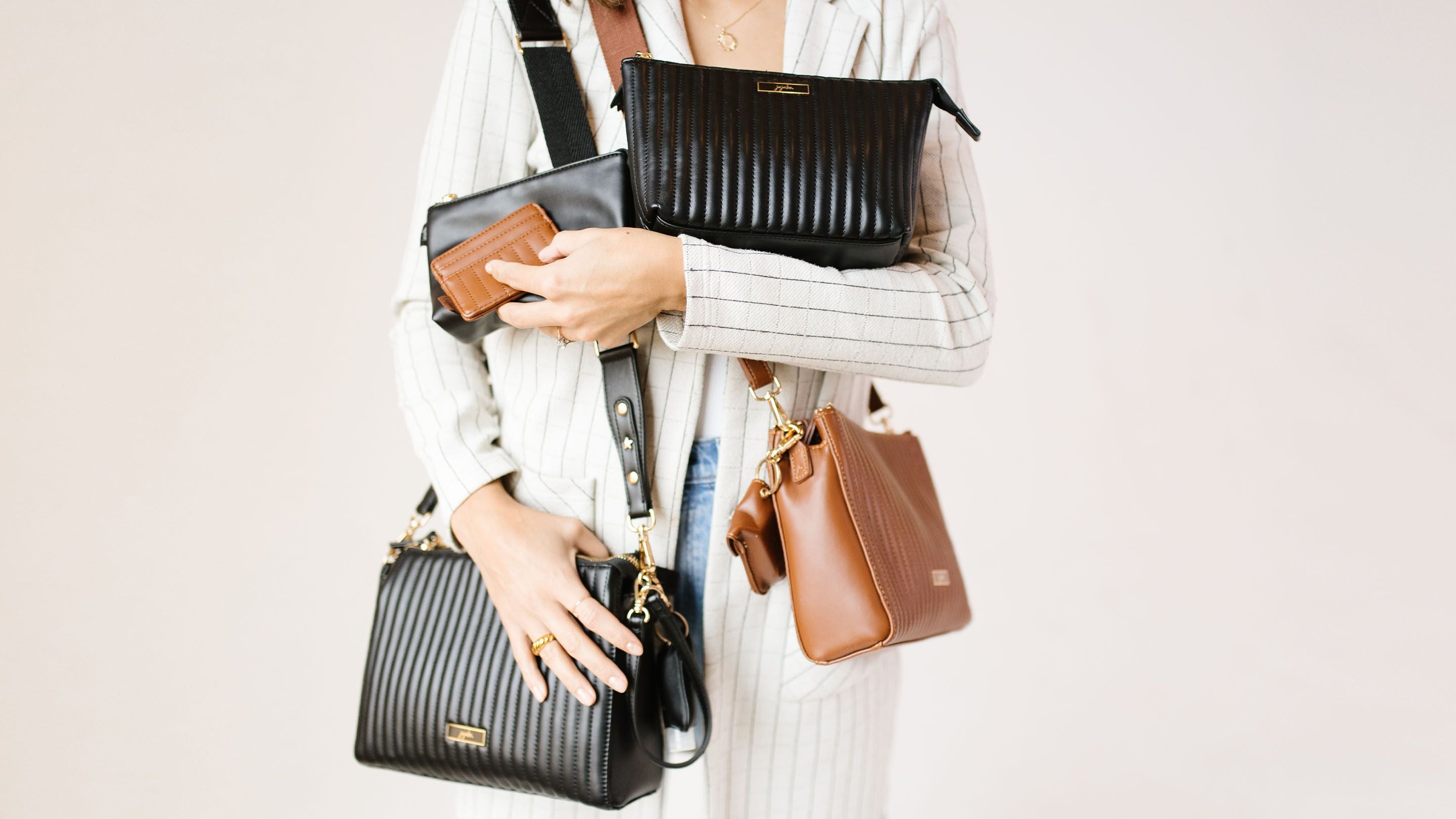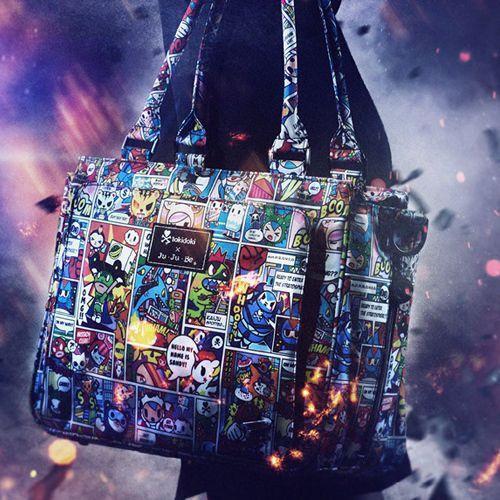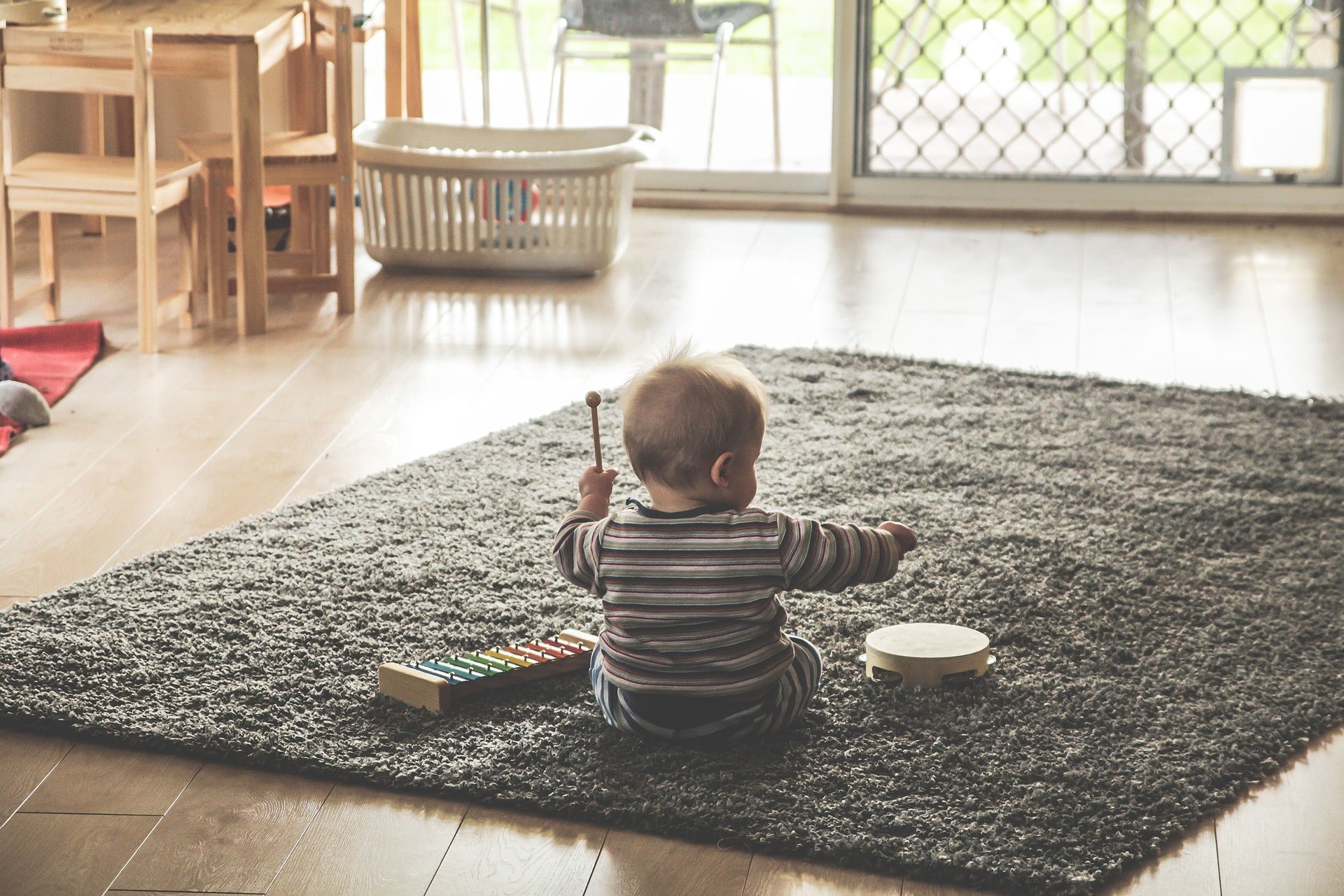It’s hard to tell what your baby will be like once they start crawling and walking. Some babies are curious and get into literally everything. Some babies are clingier and more content to play right at mommy’s feet, with no attention paid to anything else.
You won’t know until you know, which is why it’s important to prepare for the baby ahead of time, so you don’t have to worry about it later. Being a new parent is stressful enough without the added pressure that comes with figuring out how to baby proof. Keep reading for some tips on getting started.
Baby Proofing Your House
Even though your baby won’t really be mobile until they are a few months old, proofing your home is a baby must-have. Some baby proofing tasks may take more time than others. It’s a good idea to start a few months before your due date and get most of it out of the way early on.
You can make a plan with your partner to tackle a room a week. You can always go back for a second pass once your baby reaches the crawling stage to make sure you didn’t miss anything potentially hazardous.
Your Kitchen
The kitchen is probably one area with the most potential for danger, especially if your baby is underfoot while you’re trying to cook. Make sure you put latches on all of your cabinets and drawers and put a safety latch on the refrigerator as well.
You can also install covers to lock stove knobs in place and put a safety cover over the garbage disposal. Make sure any sharp utensils and breakables are locked away or put somewhere high out of reach. It is also essential to keep all toxic cleaning supplies high and locked away, or in the garage where the baby doesn’t have access. It is also important to secure items on your dining room table as a baby can grab a tablecloth and pull everything down on top of them.
Your Bathrooms
Bathtime with your baby is a time to be aware. To ensure bathtime is enjoyable for yourself and baby, make sure to set your water heater to a temperature that won’t accidentally scald your baby during bath time. Consider having anti-scald devices installed on your faucets. Like the kitchen, you should also make sure all cabinets and drawers have a safety latch, especially the toilet seat to ensure your baby can’t play in it or, worse, accidentally tip over into it and drown.
Keep things you don’t want the baby to touch locked away or tucked up high and out of reach and be careful of things that have dangling cords that could be pulled and cause an injury.
Your Living Areas
Living areas are designed for you to live the most of your time in, which means there is always a chance for injury. Use bumpers on furniture that has sharp edges and keep breakables either up high or out of sight behind something with a latch. It’s a good idea to mount larger furniture and decor items to the wall so your baby can’t accidentally topple anything over on top of themselves
If you have rugs, make sure they are non-skid to keep wobbly legs from slipping. In addition, install window guards and safety gates to keep your baby from climbing through windows or crawling through doorways into places they shouldn’t be. If you have blinds with long cords, make sure to cut them short and use safety tassels and cord stops.
General Baby Proofing Tasks
Baby proofing your home can feel a little overwhelming at first, especially if you have a lot of “stuff.” Downsizing and getting rid of unnecessary items can certainly help because there will be less for your baby to get into.
You should put outlet covers all through your home, including outlets that might be hidden in closets or hallways. Install safety gates for rooms you don’t want the baby to get into unsupervised, and make sure to keep your clean of potentially dangerous items.
Make sure there are no tacks sticking up in your doorway carpeting that aren’t visible to the naked eye. These tacks can cause your baby to crawl across one and cut themself. To avoid any harm, install transition strips or lay down a few thick rug runners.
Figuring out how to baby proof your home takes a little time and ingenuity. It can be hard to imagine what a baby might get into that could cause potential harm, so if you’re in doubt about anything, baby proof it just to be safe. It might cost you a bit more financially, but when you start to prepare for your baby, it’ll give you and your partner the peace of mind that your home is a safe place for your baby to explore. Knowing that alone is priceless.






